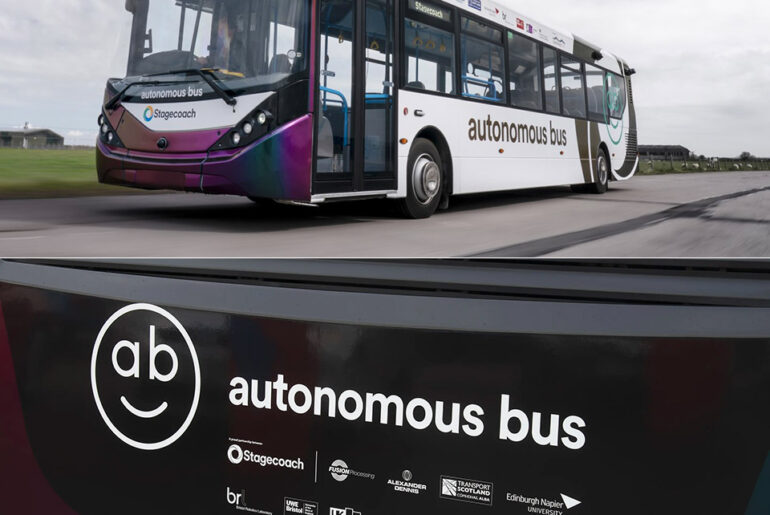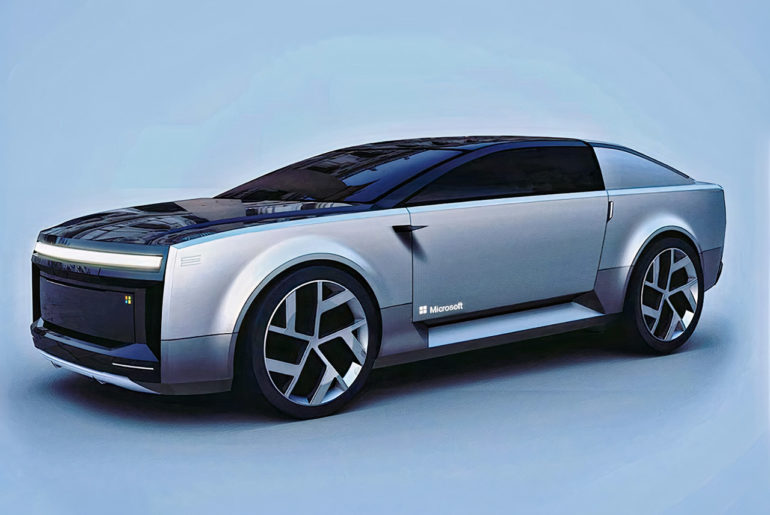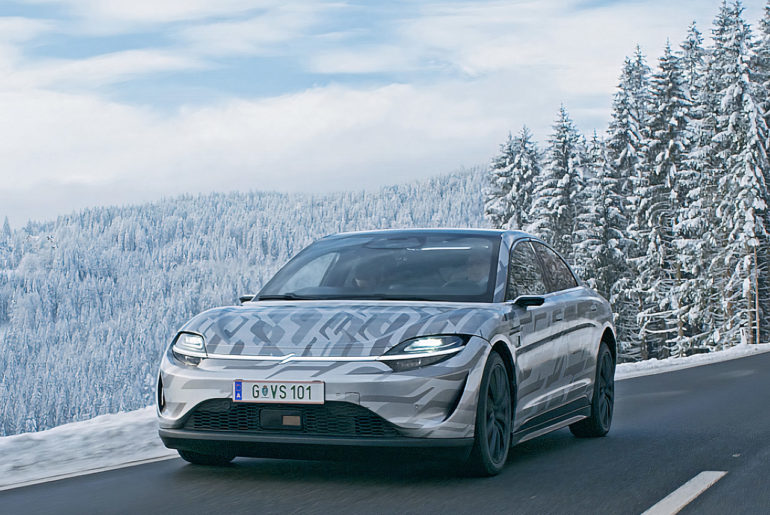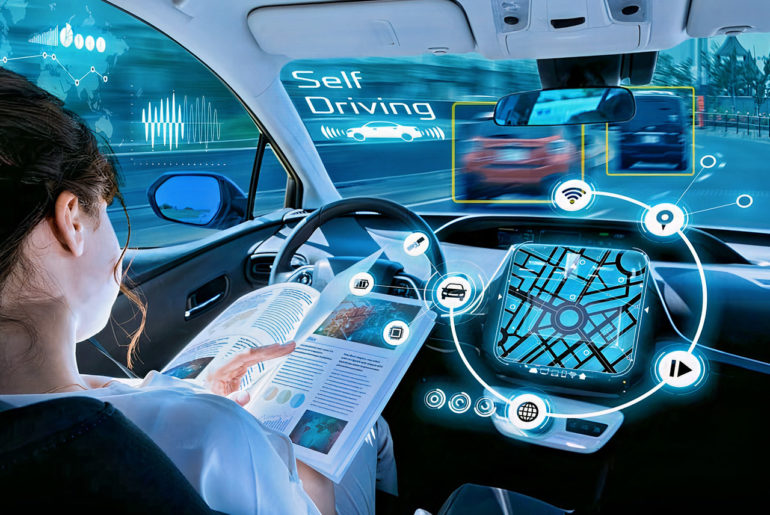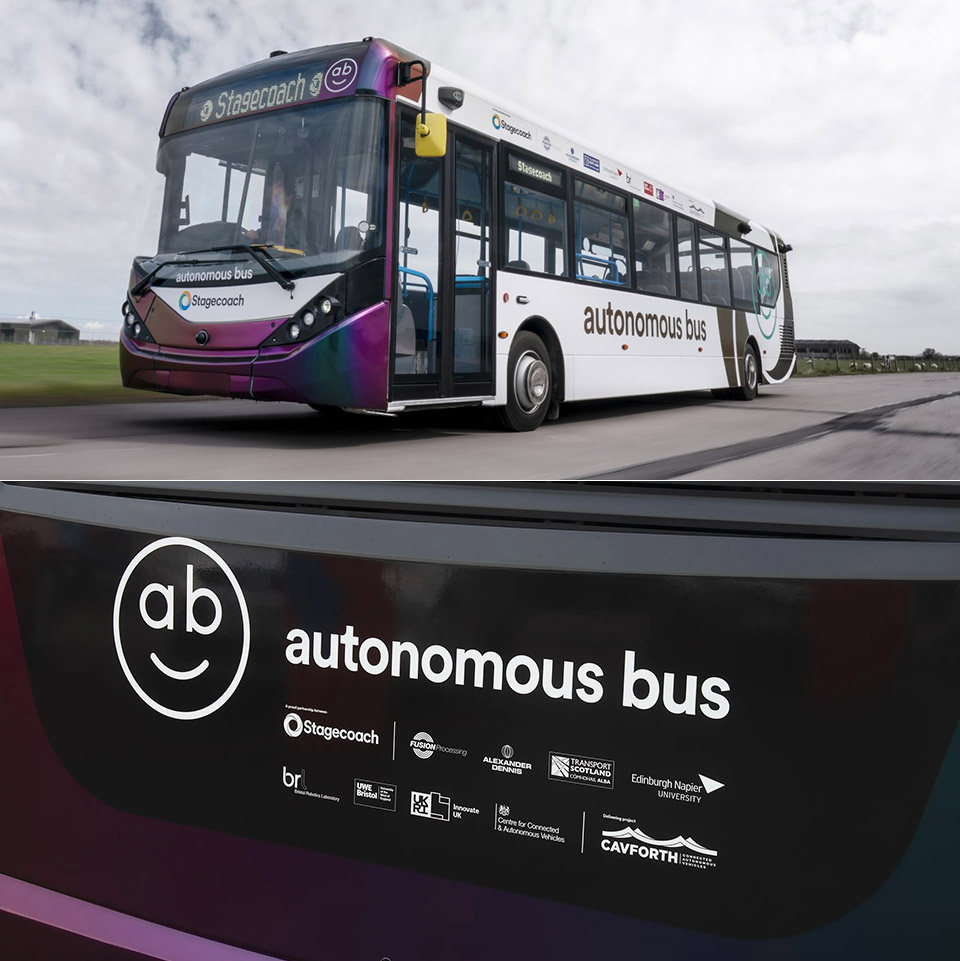
The UK’s first autonomous bus service is set to begin on May 15th with CAVForth, a joint project of Fusion Processing Ltd, Stagecoach, Alexander Dennis, Transport Scotland, Edinburgh Napier University and Bristol Robotics Lab. A total of five Alexander Dennis Enviro200AV vehicles will travel across a 14-mile route during times of mixed traffic, at up to 50 mph across the iconic Forth Road Bridge near Edinburgh.

Researchers from Tsinghua University have developed an autonomous self-driving bicycle that can even maneuver itself around and over obstacles. How? It’s powered by a Tianjic chip, which integrates two approaches to provide a hybrid, synergistic platform. In other words, it uses a multi-core architecture, reconfigurable building blocks and a streamlined dataflow with hybrid coding schemes that not only accommodates computer-science-based machine-learning algorithms, but also easily implement brain-inspired circuits and several coding schemes.
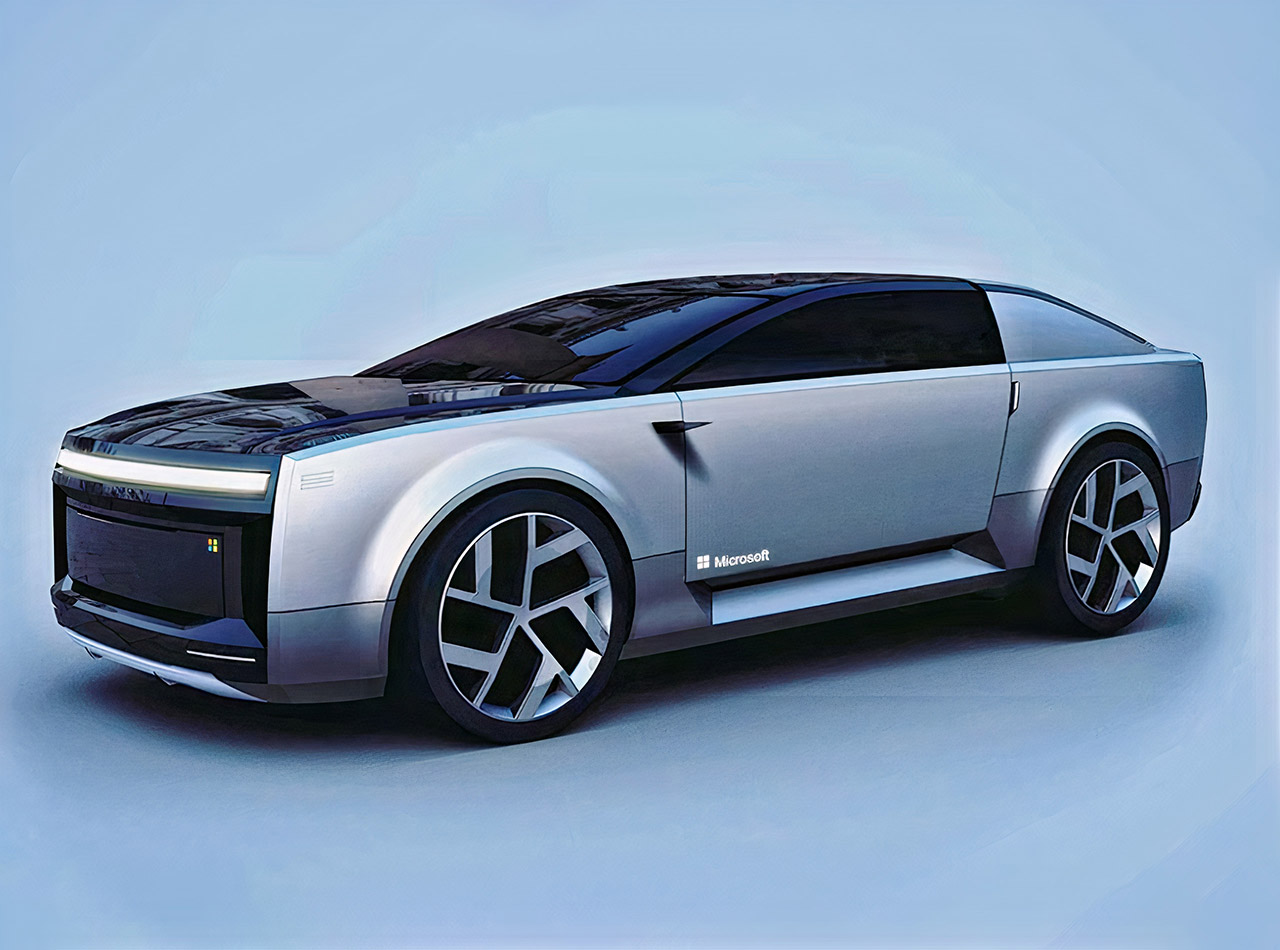
Photo credit: Yang Gu-Rum
Most people know Microsoft Surface as a series of touchscreen-based personal computers and interactive whiteboards that run the Windows operating system, but what if some of this technology made its way into a fully autonomous vehicle? Industrial designer Yang Gu-Rum from Korea gives us a glimpse at what a Microsoft Surface Car could look like, and at first glance, it looks to be minimalist all around, or at least on the outside.
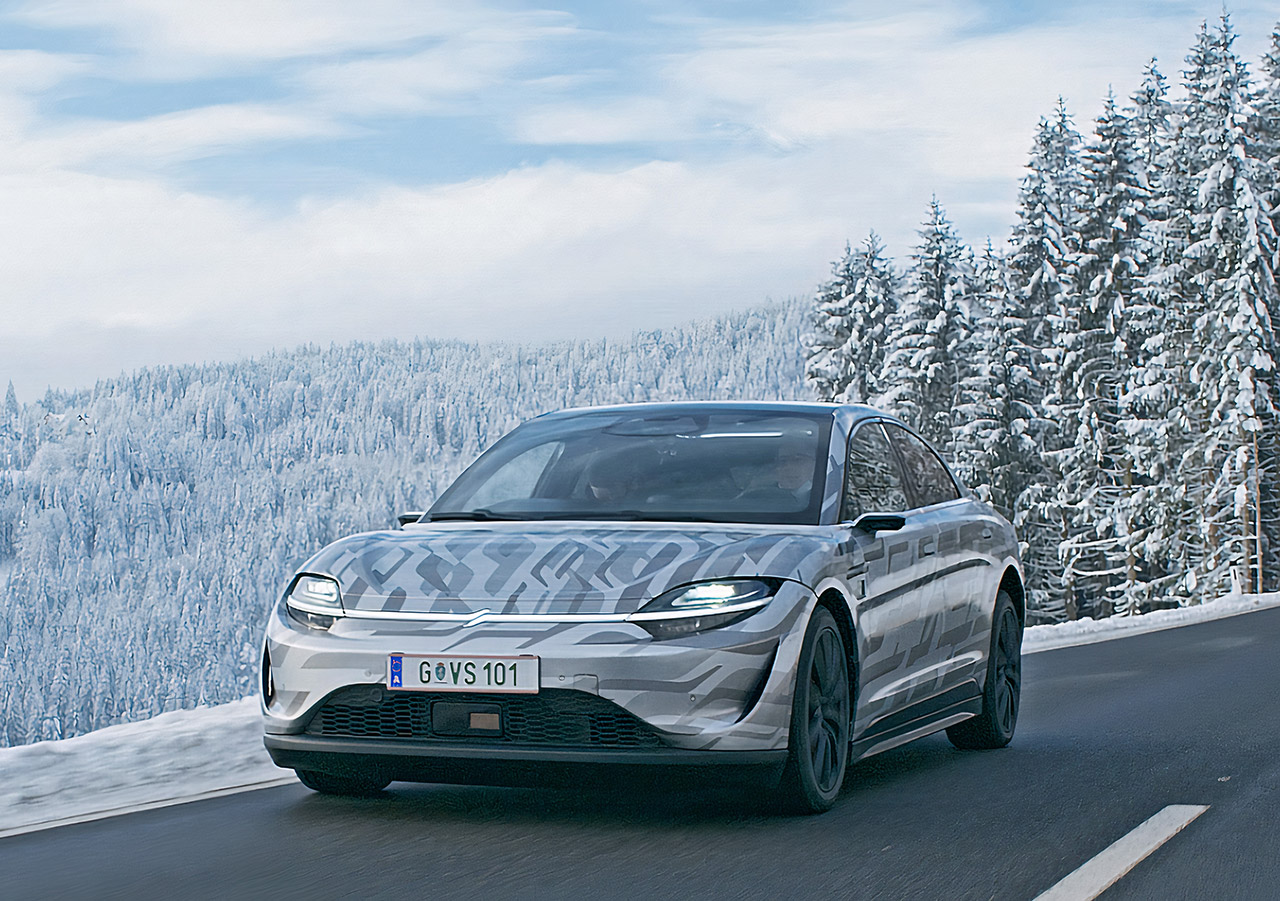
For those unfamiliar with the Sony Vision-S, it’s essentially an all-electric sedan concept with components from Magna International, Continental AG, Elektrobit and Benteler / Bosch. Boasting always-on connectivity, complete with 33 sensors that include CMOS, solid state LiDAR, radar and time-of-flight cameras, which together, form an advanced driver assistance suite called “Safety Cocoon”. Step inside, and you’ll find a panoramic touchscreen integrated directly into the dashboard, paired with Sony’s 360 Reality Audio.
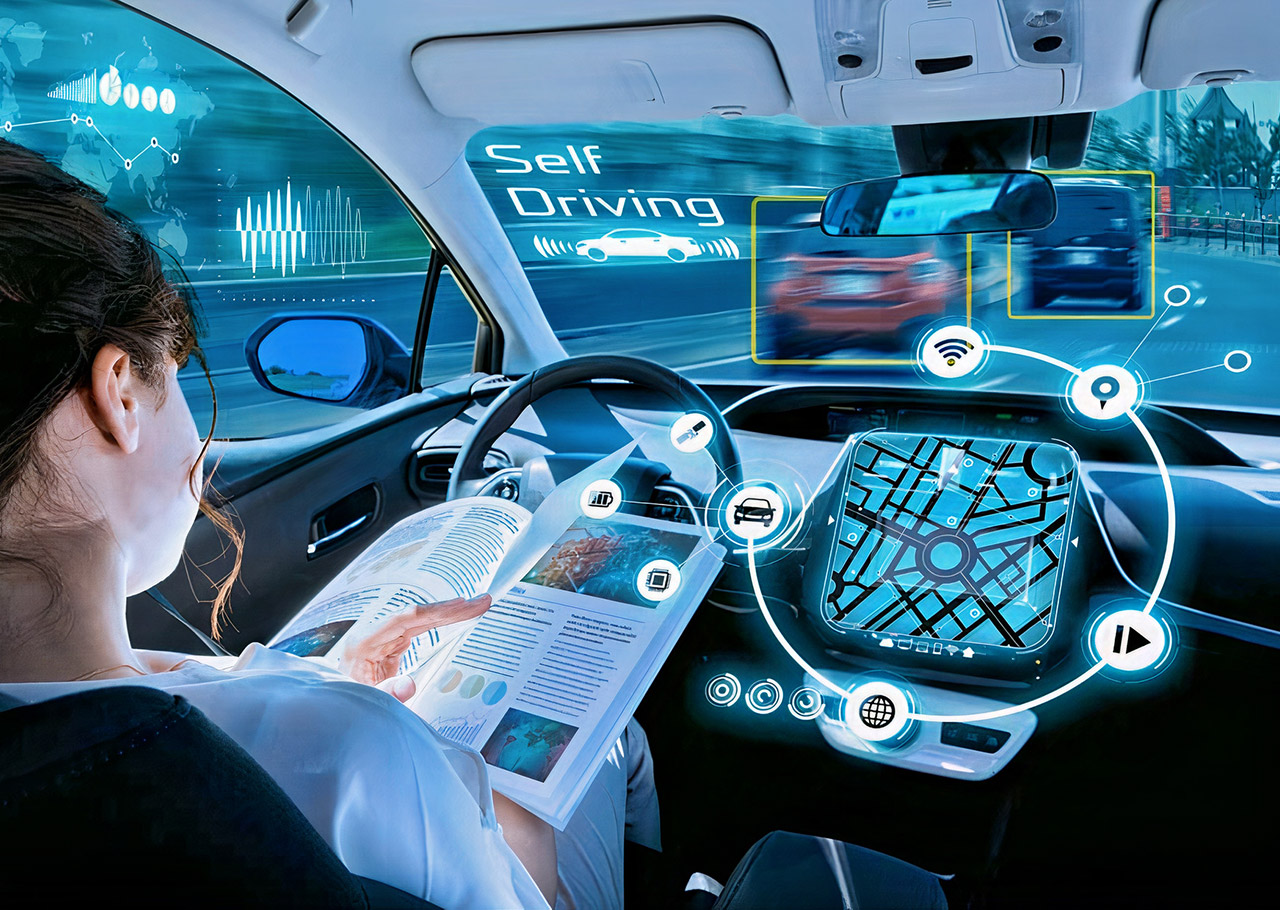
Tesla may have some competition in the self-driving electric car realm from Apple in the near future, and they’ll be partnering with TSMC (Taiwan Semiconductor Manufacturing) for the brain. The chips from TSMC are expected to be used in the Apple Car some time between 2023 and 2025. Yesterday, Apple transferred its self-driving car team, who worked under the code name Project Titan, to artificial intelligence and machine learning head John Giannandrea.

